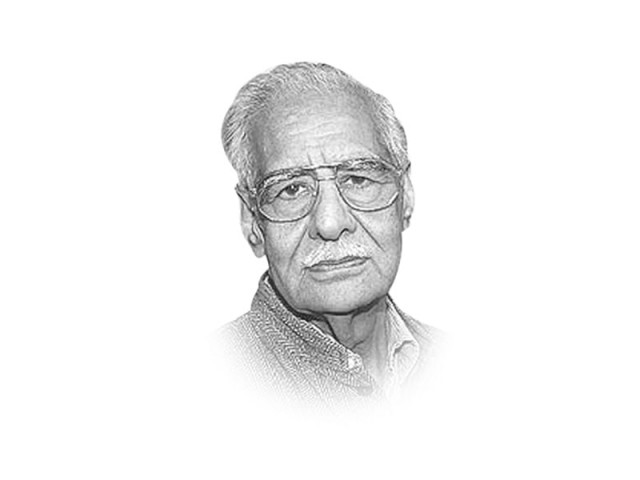India’s partnership with America
Behind the scene conflicts show US never appreciated New Delhi then & does not do so even now, when they are partners.

India’s partnership with America
For example, the killing of an Indian fisherman by the US Navy in the UAE waters is an example of ‘distancing’ between New Delhi and Washington, despite their partnership. In the face of strong reaction from New Delhi, Washington should have immediately ordered an inquiry and contacted the fisherman’s family for compensation. Secretary of State Hillary Clinton should have telephoned Indian Foreign Minister SM Krishna to express an apology. Instead, there is behind-the-scenes criticism against one another. This is an exercise which strangers engage in, not partners.
Take the obiter dicta by President Barrack Obama. Observations such as “creating jobs in Boston instead of Bangalore” are all fine when they are off-the-cuff remarks but the latest is an interview to the Press Trust of India.
President Obama said that the American business community found it “too hard” to invest in India due to prohibitions and restrictions on foreign investment in “too many sectors.” However abrasive, the statement remains within the contours of American foreign policy. But President Obama does not stop there. He refers to “a growing consensus” in India that the “time might be right for another wave of economic reforms” to make the country “more competitive in the global economy”. This amounts to dictating terms as Washington has not yet learnt how to address independent countries. It is still used to the dictum of being the master, not a friend.
The Dulles type of arrogance of the 1950s still guides the State Department. Those who were not with America were considered against it. That is the reason why Indian political parties on the right and the left have reacted strongly to President Obama’s interview. New Delhi has to see what is beneficial for it and it has to safeguard its own interest. That is what sovereignty means.
Before giving an interview, President Obama should have at least read what Prime Minister Manmohan Singh had told to an Indian newspaper. He said: “We want the world to know that India treats everyone fairly and reasonably and there will be no arbitrariness in tax matters.” Many in India are unhappy but he has made it clear that the open economy will continue. “Instinctive reactions of many, both in the political class and in the public, are to revert to a state-controlled system. Reversal to an earlier era is neither possible nor desirable.” American investors should have lapped up the prime minister’s statement, but they continue to put pressure on New Delhi to open up more sectors, particularly multi-brand retails. The Indian business community comprises primarily of small retailers and no government can afford to uproot them.
Yet, what people in India and America miss is the benefit of partnership between the two countries. This is not reflected in the policies they formulate to deal with each other. The civil nuclear agreement which Manmohan Singh’s government signed a few years ago, even at the risk of losing power, remains suspect in the eyes of the American companies. They do not want to face the punishment, which a producer should, if something goes wrong with the plant. The two differ on foreign policies. America expects India to take care of Asia as Washington does on the world scale. They differ on the role that each one should have in Afghanistan. America has told India, many a time, to adopt a military role in Afghanistan for strategic interests. Washington does not appreciate New Delhi’s policy not to get involved in ventures which necessitate military involvement. This was Jawaharlal Nehru’s idea of non-alignment. The non-aligned movement still guides India’s Foreign Office. The US never appreciated New Delhi then and does not do so even now, when the two are partners. India wants to do things its own way. America should not push it further.
Published in The Express Tribune, July 24th, 2012.















COMMENTS
Comments are moderated and generally will be posted if they are on-topic and not abusive.
For more information, please see our Comments FAQ